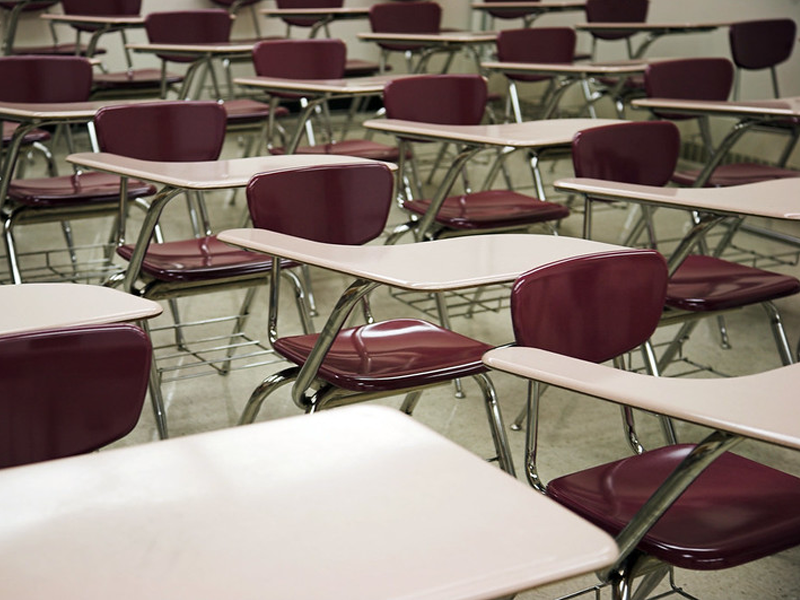 BBC News
BBC NewsBorrowing was £17.4bn last month, the second highest October figure since monthly records began in 1993.

Daphne Phillips
So far this academic year, I have been luckier than most. Since my Masters is vocational for the first term, September through to December, I was still able to have in-person teaching on most scheduled days.
After the loneliness and fatigue of the first lockdown the new restrictions in the late summer and autumn were comparatively airy. While any activity was still conducted by the book – including wearing masks at all times and keeping a two-metre distance from one another – in-person teaching allowed me to get to know my small cohort of 24 that would be taking the course alongside me. To sit in a room with my contemporaries during a seminar felt like finding gold dust.
Fast forward to 2021, however, and there are no such considerations. Like almost everyone studying anything except medicine this term, my course has been relegated to an online-only affair. The trials of this are threefold. First, like everyone we’re sick of shouting “you’re on mute, sir, mute!” at a frozen pixilation representing a lecturer. Secondly, there are facilities that need to be accessed in labs and studios that simply cannot be replicated at home in student flats.
Thirdly, there is the unpalatable question of expense. Masters are expensive and universities – as with undergraduate programmes – understandably insist on retaining full fees. There is an undercurrent of manipulation in the discourse around the expense of education at the moment. To complain, or even question, the idea that full fees should not be demanded, leads to calls of “aren’t there more important things to worry about?” Of course, the answer to that question is always going to be, yes. But that in itself doesn’t make the concern any less legitimate.
Vocational masters degrees are paid for by postgraduate students and what do they get in return? Alongside academic teaching, they are paying for access to industry experts and facilities. If facilities can’t be accessed then this needs to be taken into account, as does ‘access’ provided by webinars. Often the same experts are doing similar things for the public too while stuck at home. The element of exclusivity is being eroded and students know this.
Furthermore, working on large-scale projects is difficult when you can’t be in the same room with your teammates. Long days and constant conversation are required to complete tasks while ensuring as little overlap in labour as possible, and to make sure that diversions from the goal are limited. There is the option of a 12+ hour continuous Zoom call but it’s hard to produce free-flowing writing when you feel watched and conversation is stilted. I miss the shared energy of a group of people sitting around the same table, papers flowing around, where a single purpose is met.
Even those doing non-vocational academic Masters are limited by access to resources. A friend of mine who is completing their Masters in History cannot obtain all the relevant books without full admission to libraries, nor can he complete elements of research without access to archives.
This is not to say that restrictions are unnecessary but financial compensation ought to be considered, as should consideration on a case-by-case basis for the limits that homeworking brings to postgraduate education.
Picture credit: DC John